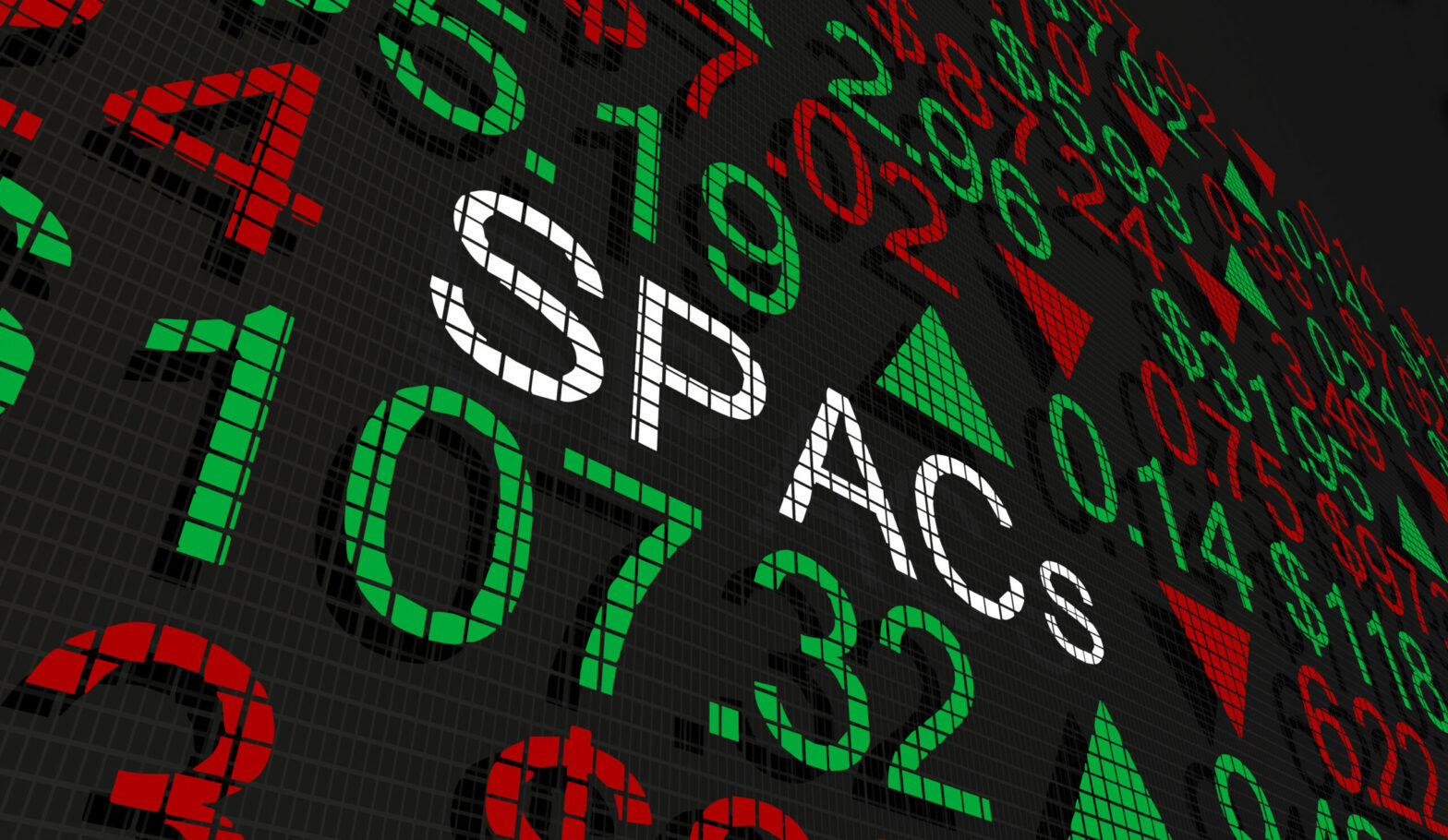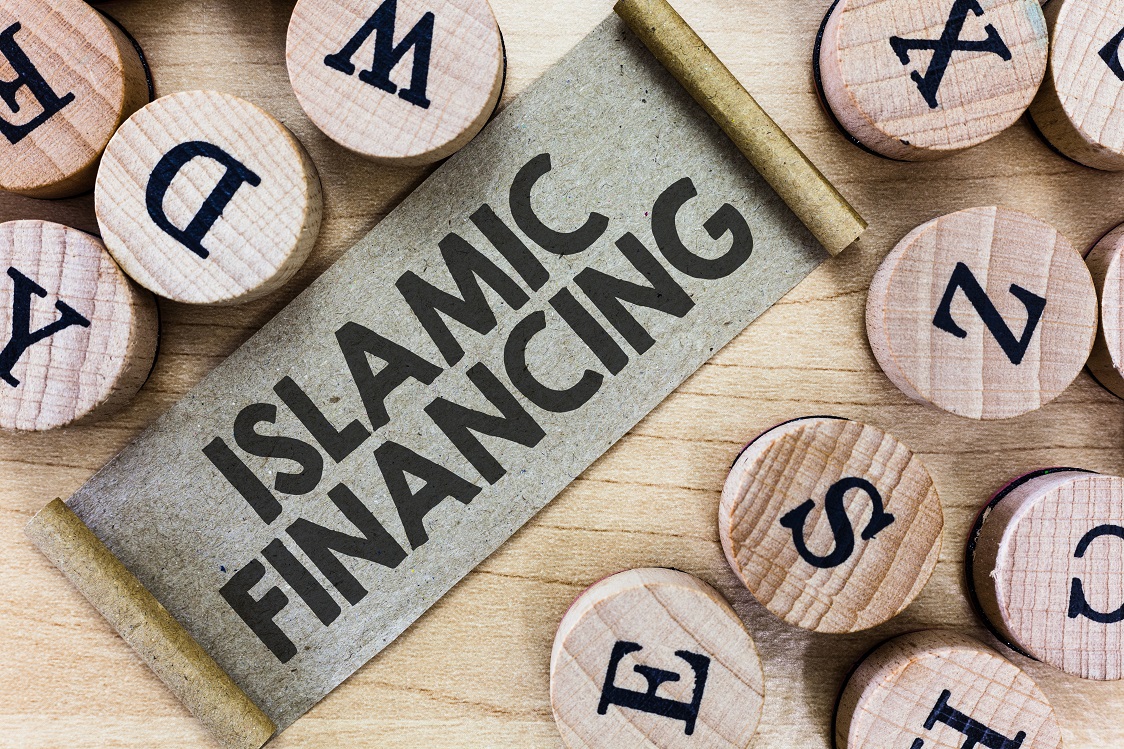Hedosophia, the London-based fund manager, plans to raise an initial €400m (£344m) through a special purpose acquisition company (Spac) in Amsterdam.
This will be the most significant blank-cheque special purpose acquisition company to list in Europe, following the boom in Spac investing which has turbocharged US tech stocks over the past two years.
Hedosophia European Growth plans to merge with a European tech “unicorn” and then use the newly merged vehicle to target other European tech companies, valued at up to e5bn each, according to the Financial Times, which broke the story.
>See also: Moonfire $60m seed fund invests in dozen start-ups
Ian Osborne, who runs Hedosophia, has been credited with re-energising the US Spac market with his first blank-cheque company in 2017.
Since then, Spacs have become the hottest investment trend in the US and Asia, accounting for nearly half of the $230bn raised globally in new listings over the past year but have barely featured in Europe. So far this year, eight Spacs in Europe have raised $2.2bn between them compared with the 315 in the US which have raised $95bn, according to Refinitiv.
See also: City of London to reinvent itself as technology start-up hub
What is a Spac and how does it work?
A special purpose acquisitions company (Spac) is essentially a shell company set up by investors with the sole purpose of raising money through an initial public offering (IPO) to eventually acquire another company.
So a Spac has no commercial operations — it makes no products and does not sell anything.
Usually a Spac is created, or sponsored, by a team of institutional investors, Wall Street or City financiers from the world of private equity or hedge funds.
When a Spac raises money, the people buying into the IPO do not know what the eventual acquisition target company will be.
However, Spac sponsors have a deadline by which they have to find a suitable deal, typically within about two years of the IPO. Otherwise the Spac is liquidated and investors get their money back with interest.
Around 200 Spacs went public in 2020, raising $64bn between them, nearly as much as all of last year’s US IPOs combined, according to Renaissance Capital.
However, institutional investors have gone cool on the US Spac market, with stock in companies which have gone public in Spacs deals falling in recent months, and investors balking at the high rewards Spac promoters pay themselves — often rewarding themselves with 20 per cent of the shares in the new, merged company.
Further reading
Series A to Series D, everything you need to know about funding rounds






